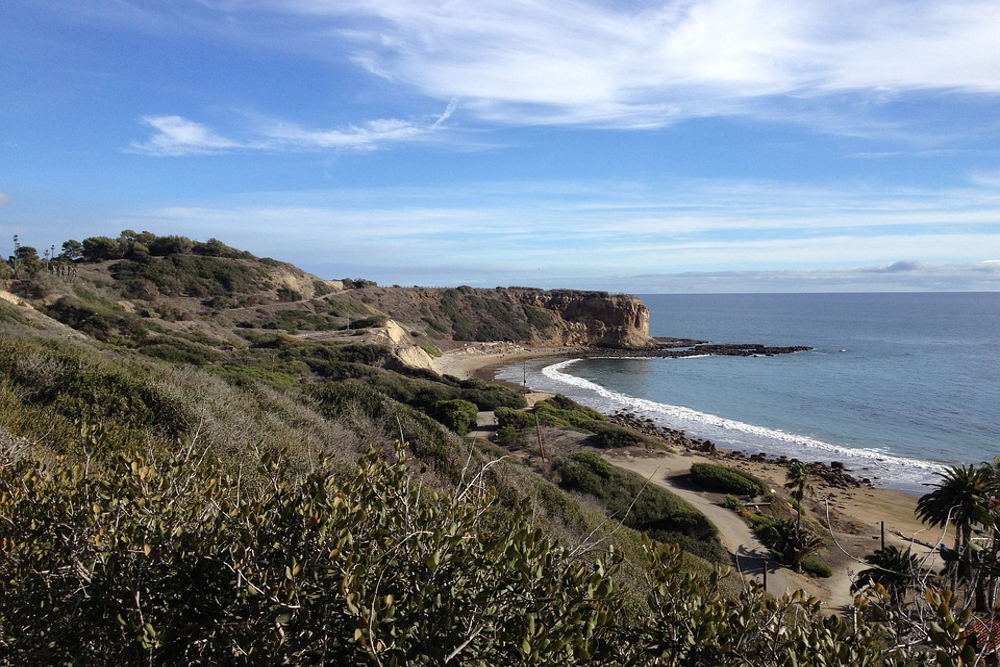
As California’s Organic Farming Pioneers Age, a Younger Generation Steps In
The generation that pioneered organic farming is beginning to retire. These farmers want what they've built to last. Some growers are passing on their farms to their kids. But not all of them have a second generation who wants to take over the family farm.
February 18, 2017 | Source: NPR | by Ezra David Romero
The generation that pioneered organic farming is beginning to retire. These farmers want what they’ve built to last. Some growers are passing on their farms to their kids. But not all of them have a second generation who wants to take over the family farm.
That’s what longtime organic growers Tom and Denesse Willey discovered when they decided over the past few years that it was time to retire. When the Willeys asked their kids if they wanted to take over their 75-acre farm in California’s Central Valley, they all said “no.”
“They’re all pursuing other professions and interests in life,” Tom Willey says. “We considered a number of different alternatives over the last five years of how to hand off the farm.”
The vegetable growers began working the soil in California’s Madera County in the 1980s. The Willeys are local organic pioneers. The idea of letting their history fade away was just too painful.
“A lot of us started 30 to 40 years ago and it’s time to hand the baton to somebody else,” he says.
And besides, growing organically is actually a way for farmers to make money. “Organic is becoming very, very popular now,” he says. “It’s breaking into big conventional retailers now like Costco, Wal-Mart.”
The Willeys recently announced they’re in the process of leasing their farm to Food Commons Fresno. It’s the same group that took over the Willeys’ food box program – now under the name Ooooby – a year and a half ago. Kiel Schmidt is the wholesale and development manager for the group. He says Food Commons Fresno would like to see the region become a farm-to-fork hub like Sacramento is.
